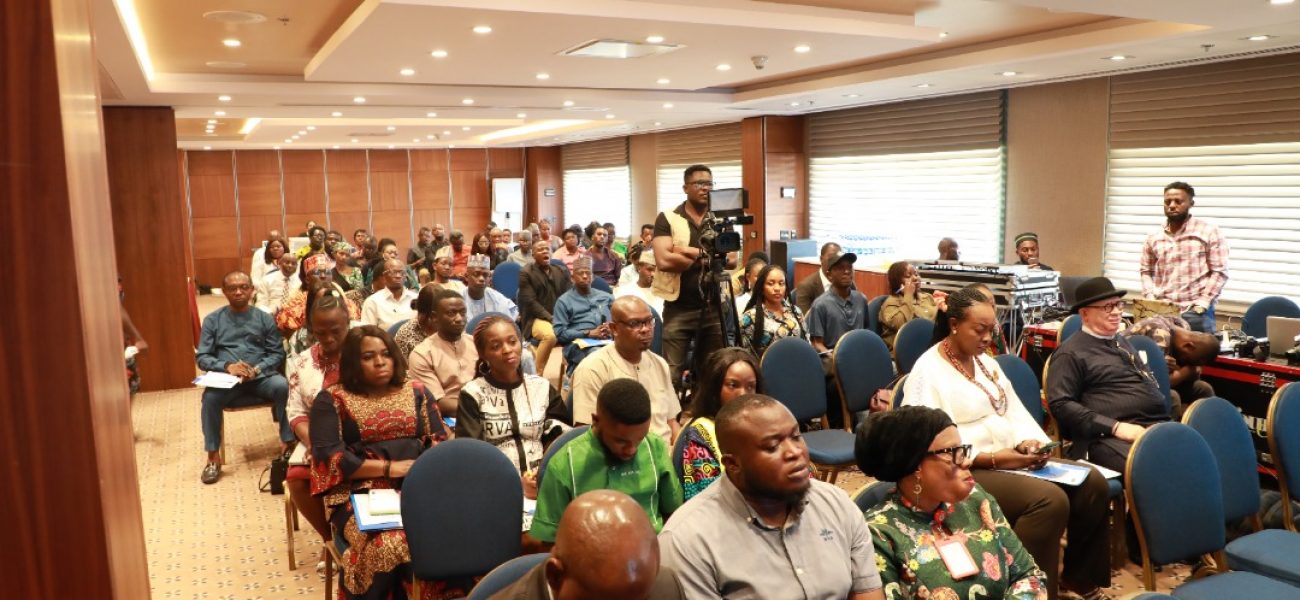A meeting of civil society organisations (CSOs), relevant Committees of National Assembly and related Government Agencies on CSOs regulatory framework was held on Tuesday, 22nd November 2022, in Abuja. It was organised by Policy and Legal Advocacy Centre (PLAC) with support from the European Union Agents for Citizens Driven Transformation (EU-ACT) and the British Council. It was a platform for the stakeholders to drive conversations on how to ensure effective implementation of regulatory practices governing the operations of CSOs in Nigeria.
Executive Director of PLAC, Clement Nwankwo in his opening remarks, stated that it was important for agencies of government to work in a way that supports civic space to thrive and expand.
At the meeting, Chairman of the Senate Committee on NGOs and Diaspora, Senator Michael Ama-Nnachi committed to ensuring the passage of the Companies and Allied Matters (CAMA) Amendment Bill sponsored by Senator Ibrahim Oloriegbe before the end of the 9th Assembly.
Chairman of the House of Representatives Committee on CSOs and Development Partners, Hon. Kabiru Idris committed to ensuring the revival of the Civil Society Organisations Liaison Office (CSOLO) in the National Assembly by the first quarter of 2023.
The Corporate Affairs Commission (CAC) and Special Control Unit Against Money Laundering (SCUML) who were represented at the meeting, spoke on Government-NGO Relations. CAC Representative, Salisu Abubakar encouraged non-profit organisations (NPOs) registered by the Commission to be mindful of the purpose for which they are formed and carry out activities in line with their objectives. He also enjoined them to seek out information on compliance issues from the Commission’s websites, in order to file required documentation as and at when due.
SCUML Representative, Temitope Olubunmi stated that SCUML has disaggregated the features of NPOs according to their types, activities and their vulnerabilities to terrorism financing and money laundering, to inform the classification of NPOs for the purpose of developing an appropriate compliance format for them. He noted that compliance is not necessarily a security issue; rather, it is an issue of governance and accountability.
In a panel discussion by civil society organisations on ‘Engaging the 10th National Assembly,’ representatives of civil society organisations, including Executive Director of PLAC, Clement Nwankwo, spoke about the high attrition rate in the National Assembly occasioned by the fact that many legislators in the 9th Assembly will not be returning in the 10th Assembly. It was noted that this development could adversely impact the sustainability of the relationship and collaboration between the National Assembly and civil society organisations.
Non-Governmental Organisations (NGOs) at the meeting also expressed expectations that the CAMA Act Amendment Bill aimed at improving the effectiveness of NGOs will be passed by the 9th Assembly and that the Civil Society Liaison Office (CSOLO) will be revived before the end of the 9th Assembly.

